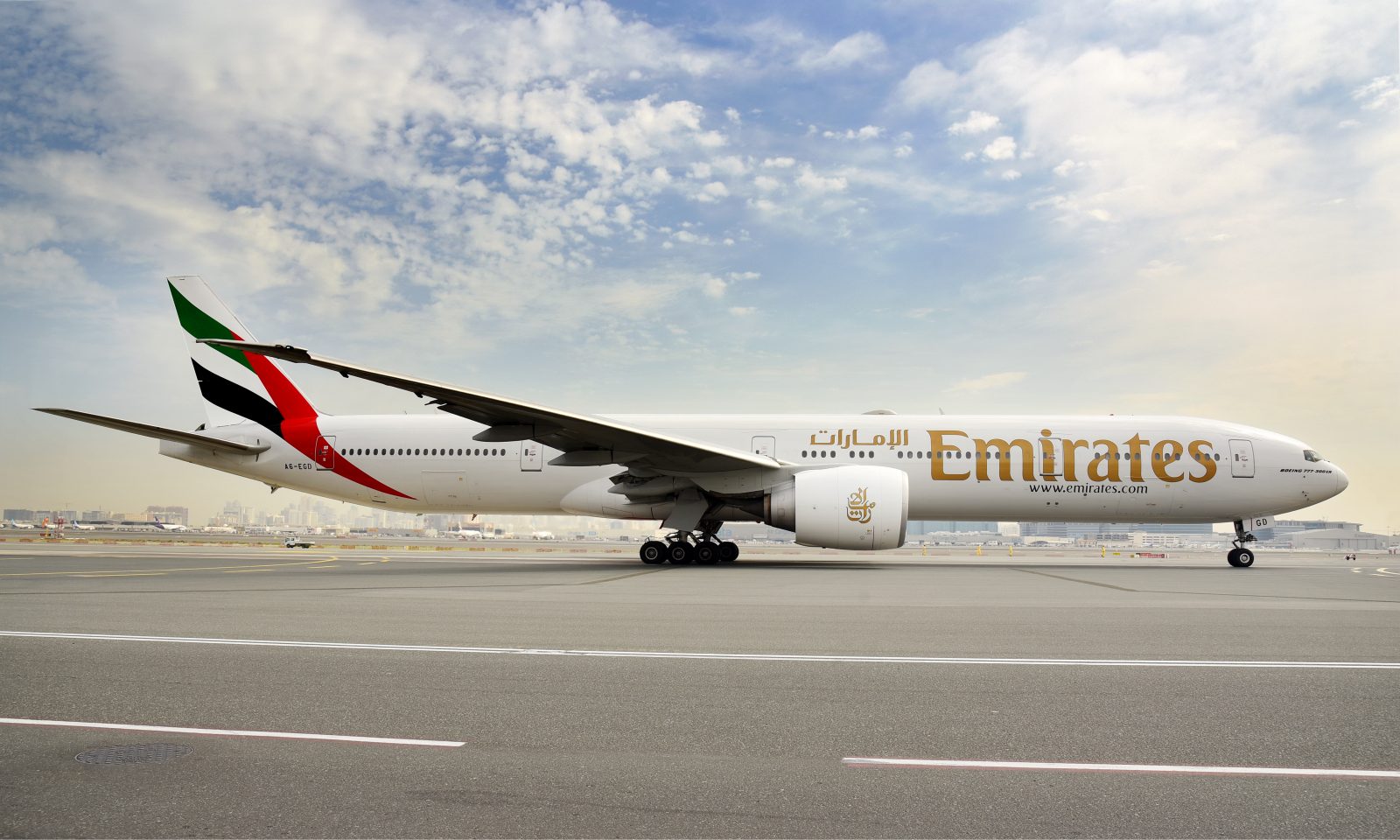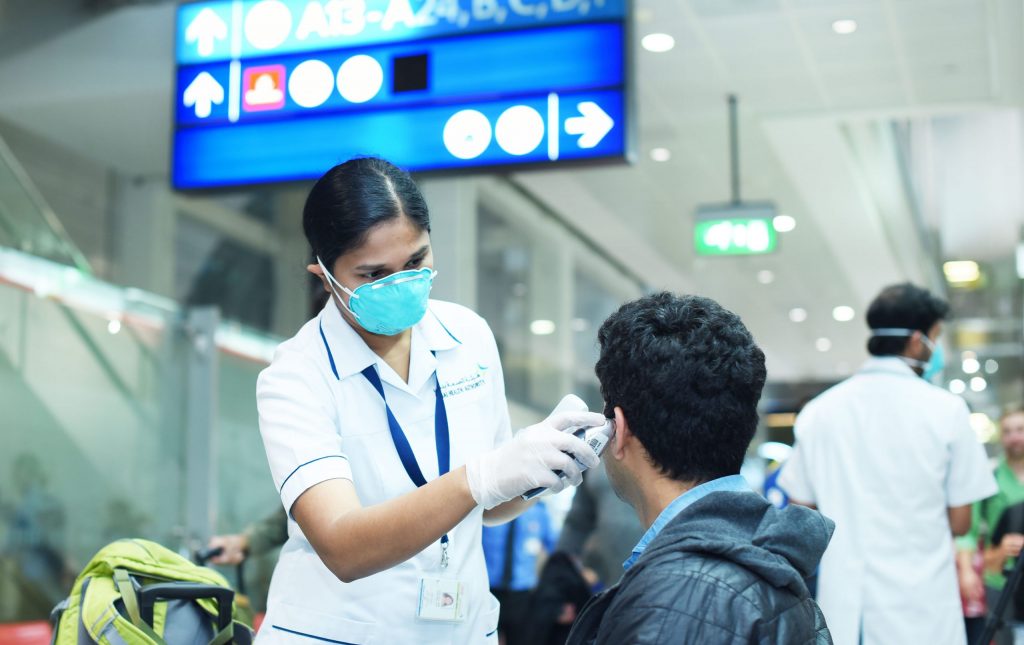
Emirates will require passengers travelling from 12 countries that have been deemed by the UAE authorities as ‘high-risk’ to take a COVID-19 test before being allowed onboard one of its flights. The invasive PCR nose and deep throat swab test must be taken within four days of travel at the passenger’s own expense. The rule applies to both passengers travelling to UAE, as well as passengers who are simply connecting through Dubai International Airport (DXB) to their final destination.
The 12 ‘high risk’ countries where Emirates passengers must obtain a negative COVID-19 test certificate are: Afghanistan, Bangladesh, Egypt, India, Iran, Nigeria, Pakistan, Philippines, Russia, Sudan, Tanzania and the United States.

The requirement for passengers from the USA will only apply if you are flying from or started your journey in Dallas Fort Worth (DFW), Houston (IAH), Los Angeles (LAX), San Francisco (SFO), Fort Lauderdale (FLL) and Orlando (MCO).
Dubai reopened to tourists on July 7 with a requirement from visitors to present a negative COVID-19 test certificate on arrival but Emirates has possibly become the first airline in the world to require all passengers, regardless of their final destination, to undergo full COVID-19 testing before being allowed to travel.
In late June, Emirates was forced to suspend flights from Pakistan after 55 passengers who had travelled from the country within days of one another tested positive for the novel Coronavirus. The cases only came to light because they travelled onto Hong Kong where testing on arrival is mandatory. The passengers connected through Dubai International Airport while possibly being infectious.
Emirates has since been able to resume flights from Pakistan after penning a deal with a local laboratory to carry out COVID-19 testing on passengers. That policy has now been extended to other high-risk locations.
Testing availability and pricing varies massively from country to country.
Emirates was one of the first airlines to experiment with the idea of pre-travel rapid COVID-19 testing but the airline abandoned the project after a Spanish medical study cast serious doubts over the reliability of the results.
Analysts and trade bodies, including the International Air Transport Association (IATA), believe fast Coronavirus testing could be key to kickstarting the global air travel market and a small number of airports have introduced private COVID-19 testing services. Generally, however, these services are expensive and most useful in bypassing otherwise mandatory quarantine rules.
But cheap, scalable, and reliable mass COVID-19 testing remains elusive. In the last few days, Air Canada said it would explore rapid Coronavirus testing for passengers but the product it wants to use has not yet received approval from Health Canada.
Related
Mateusz Maszczynski honed his skills as an international flight attendant at the most prominent airline in the Middle East and has been flying ever since... most recently for a well known European airline. Matt is passionate about the aviation industry and has become an expert in passenger experience and human-centric stories. Always keeping an ear close to the ground, Matt's industry insights, analysis and news coverage is frequently relied upon by some of the biggest names in journalism.







